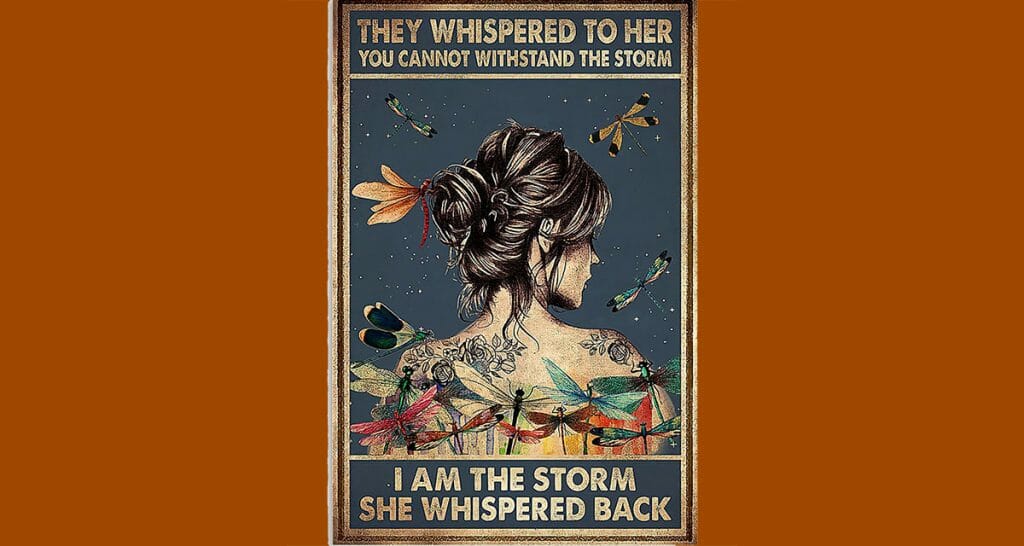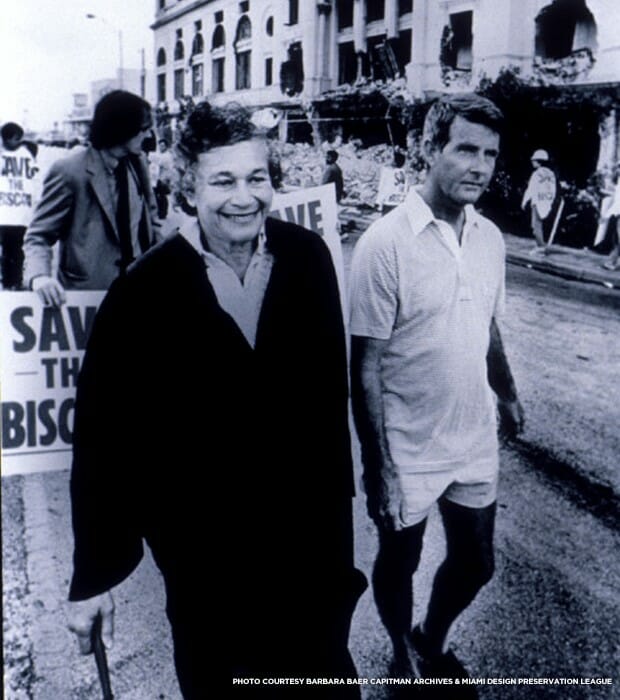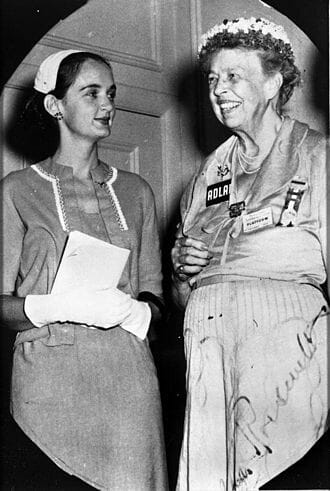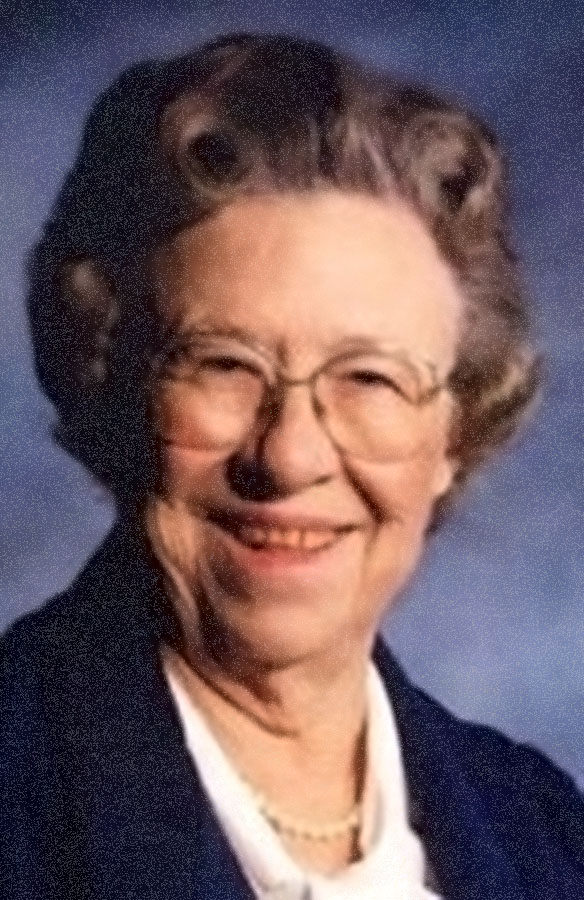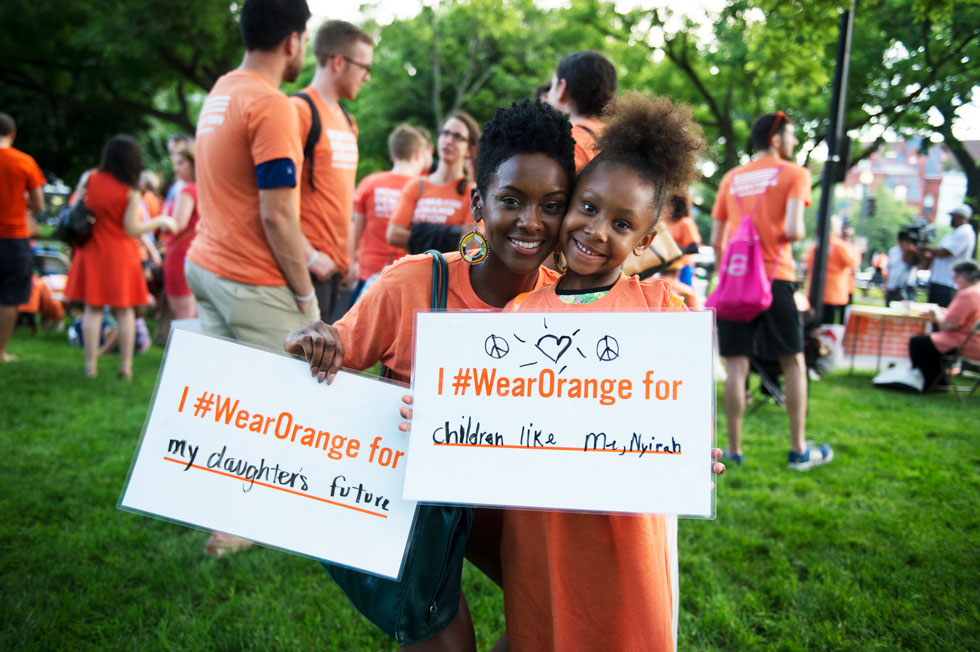Issues that women have faced for centuries lag behind us like a worn-out rag doll.
Some Women’s styles are more vocal, outrageous, others more peaceful. Both styles show Powerful Determination for Women’s Rights As Human Rights: Respect, Dignity, Equality, and Personal Choice.
“Beyond Julia’s Daughters”: Miami-Dade Women Advocates and Activists for Social Change. 1975-2000
In this book, the women I wrote about were wives, mothers, family oriented, and some had careers. Their passions and determination were the driving force for them to Take a Stand and Take Action on issues they felt needed attention.
It was a privilege and a delight to have in-person Oral Herstory interviews with Eugenia Bell Thomas and Judge Dixie Louese Herlong Chastain. Barbara Capitman had passed away by this time, so I wrote about her. Roxcy Bolton was in the middle of one of her unrelenting persuasions for change and only had time for a phone conversation.
Barbara Capitman- (1920 –1990), a community activist and author….
Eugenia Bell Thomas (1924- 2015), a dedicated community activist and civil rights icon.
Roxcy Bolton (1926-2017) became civically active in the 1950s...
…as a pioneering tempestuous Florida feminist and civil rights activist. A force to be reckoned with, she was extremely well-known for her unrelenting persuasion. To name a few: 1970’s lead the nation’s first “march against rape.” through downtown Miami to the courthouse; founded the nation’s first Rape Treatment Center at Jackson Memorial Hospital in Miami. Challenged the NOAA- National Oceanic and Atmospheric Administration- to rename tropical storms not only after women, but also men.
Judge Dixie Louese Herlong Chastain (1909-2009).
When I met Judge Chastain in her modest home for the Oral Herstory Interview. I asked her how she wanted to be addressed, “Your Honor, Judge Chastain? Her smiling southern voice answered, “Dixie, just call me Dixie.” She had a quiet dignity that was warm, graceful and welcoming, yet she was a powerful force pioneering for youth in the legal system. After all her achievements, I asked her what she wanted as her epitaph. Her immediate response, “That I was a good mother.” Then added: “And life was too interesting to ever be bored.”
Some still feel there is a Glass Ceiling that needs to be cracked open. Others never even knew it was there, like these four women I interviewed. They asked me: Who created that glass ceiling for women? Does it still exist?
Would love to receive your comments.

